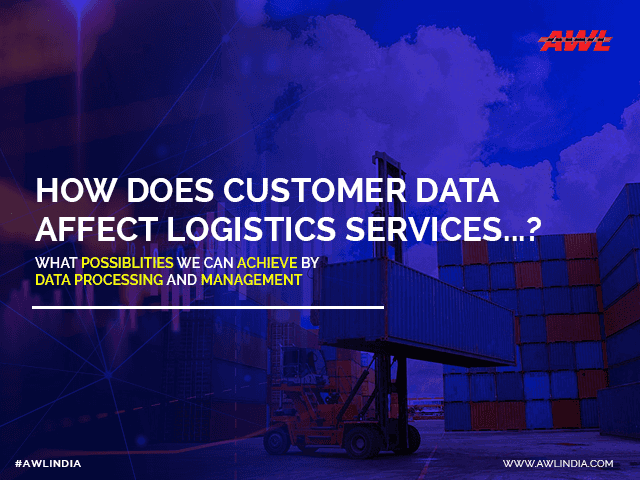

Data Analytics have brought forth significant changes in many industries and logistics is no exception to this transformation. The complex nature of the sector and the intricate structure of the supply chain has the perfect use of data. Every day a logistics business owner obtains valuable insights through data leveraging and enable the industry players to optimize routing, to streamline factory functions, and to give transparency to the entire supply chain for dual benefits logistics and shipping companies alike.
The data that comes forth to be processed and managed is highly complex in nature, it's worth the effort to adopt data processing into your business as this culture helps consolidate a highly fragmented industry.
According to research, 93% of shipment companies and 98% of 3PL logistics companies think that data analytics is very important in today's time to make intelligent decisions related to the business processes. 71% believe data churning and management will lead to an improvement in quality and performance. Some of the ways in which Customer data affects the logistics business are explained below.
The use of data in logistics for an accurate forecast of shipping and logistics details sure does sound complex. The whole process revolves around the application of historical data of a certain time in the present situation to understand your needs. For Example, keeping the last 3 years' data of travelers in mind around the holidays, airports can employ more staff to tackle the increased load on flights and airports or more workers on docks/shipping centers and warehouses to manage the load of holiday shipping forecasts. Having more employees will help to deal with high volume times which is the ultimate goal of data applications.
Productivity improvement - The data gathered by a logistics company has multi-fold uses and sharing of this data with all relevant partners is very essential. Data sharing amongst all partners helps to improve operational efficiency by capturing fluctuating customer demand, external factors, and the operations of the partners. This process helps to increase transparency and help each partner involved to streamline their work and improve the quality of the operational process and overall performance of the business.
Order processing capabilities - Possession of accurate and efficient data helps to free up space in the inventory and make space for new orders and products. Data management will help people to keep real-time track on their products and lead to shipping more orders driving more demand for services within the supply chain. As a result of the proper use of data in logistics, the overall business improves as we can see faults in the existing process and correct them.
Increased Visibility- The ever-growing e-commerce market needs exceptional scrutiny and visibility at all steps. Data in such cases can be used to pass viable information to all stakeholders at every point. Furthermore, the same data can be used to identify other routes and solutions to avoid causing an additional distressed shipment. In case a logistics company deals past the international borders, data integration and management will help with increased visibility to avoid penalties, fees, and delays for violations of compliance regulations. Timely availability and sharing of data can help clarify potential problems in advance which can push international business as well.
Data and predictive analytics provide logistics companies with the extra edge they need to overcome basic obstacles for a smooth flow of work in every aspect of the supply chain. It can also be used to reduce inefficiencies in last-mile delivery, increase transparency to the supply chain, and automate the entire supply chain.
All logistics companies are aware of possibilities they can achieve with data processing and management and trying their level best to make more of data-driven decisions at every step. With this forward-thinking companies are already reducing costs and increasing customer satisfaction.

